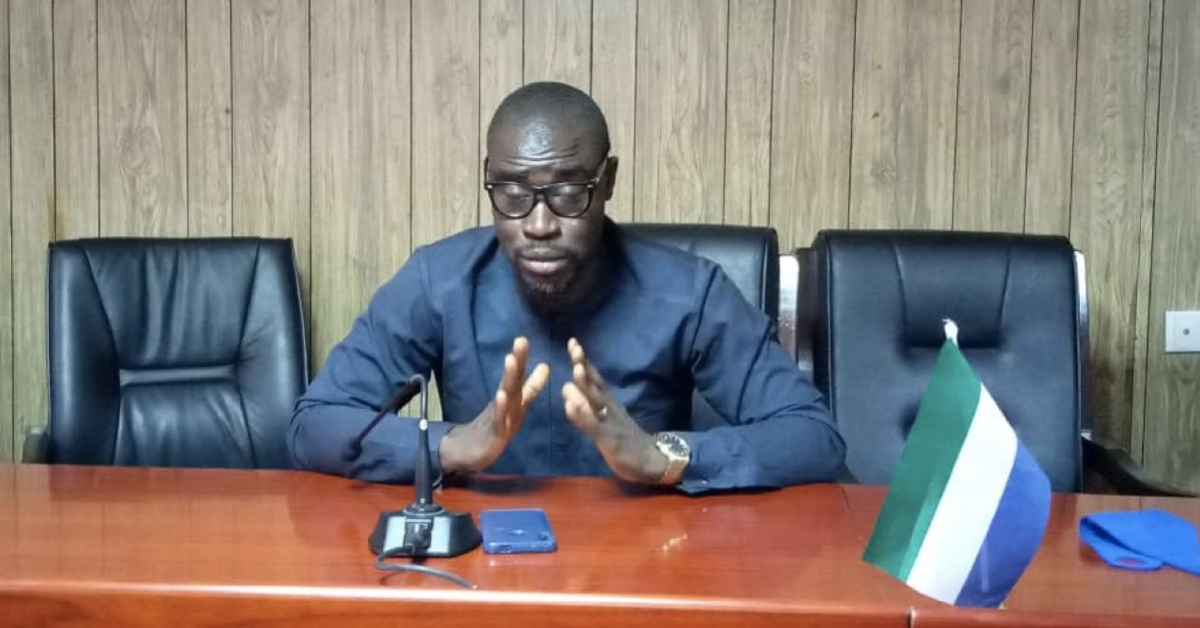In a heated session of the Public Accounts Committee (PAC), the Deputy Speaker of Parliament, Hon. Ibrahim Tawa Conteh, raised a pressing question that has sparked widespread debate: why can’t the water from the Bumbuna Dam be recycled to sustain year-round energy production?
During the recent PAC meeting, which included top officials from the Ministry of Energy, Hon. Conteh who also serves as the chairman of the PAC urged the Ministry to explore innovative solutions to the nation’s ongoing energy crisis. “Is there no way we can recycle the waste water from the turbine back to the dam?” Hon. Conteh questioned, probing the feasibility of a solution that could potentially boost the dam’s energy output.
The session, which focused on addressing the Auditor General’s Report of 2023, saw the Permanent Secretary (PS) of the Ministry of Energy explain the dire situation at Bumbuna Hydro. He revealed that the dam is currently producing a meager amount of electricity, contributing to the country’s worsening energy shortage. “Bumbuna Hydro is sending less than 15 megawatts to the Energy Distribution and Supply Authority (EDSA),” the PS disclosed, citing deforestation and illegal mining around the dam as the main reasons for the dwindling water supply.
The PS further noted that when he first joined the ministry, Bumbuna was producing about 42 megawatts. Over time, this number has steadily declined, dropping to a current output of 12-15 megawatts. The PS stressed that this drastic reduction is a significant factor behind the nationwide power shortages.
When asked directly about the possibility of recycling water from the dam’s turbines, the PS was quick to clarify the technical and financial challenges involved. “Recycling the water would require a large amount of energy to pump it back to the dam, and the costs would be immense,” he explained, noting that the ministry lacks the financial capacity to embark on such a project.
In addition to the Bumbuna issue, PAC members voiced concerns about EDSA’s mounting debts. Hon. Aaron Koroma pressed the ministry for answers on why EDSA owes massive amounts of money to power suppliers like the Karpower ship and EGTC, despite widespread use of prepaid meters by customers. “Why are people buying prepaid meter top-ups, yet EDSA still owes between $50 to $90 million?” Hon. Koroma asked, demanding transparency on how EDSA is managing its finances.
Hon. Abdul Karim Kamara also joined the inquiry, asking whether EDSA is still operating a mix of prepaid and postpaid meters. He noted that, despite the shift to prepaid systems, many citizens report little improvement in electricity delivery.
Hon. Conteh echoed the frustrations of his colleagues, pointing to the mismanagement within EDSA, particularly the reliance on casual or contracted staff. “These same casual staff are the ones involved in illegal connections after their contracts end,” Hon. Conteh remarked, criticizing the lack of oversight that is allowing the energy sector’s problems to spiral.
As the session concluded, the PAC members were left with more questions than answers. Hon. Conteh’s probing into the possibilities of water recycling at Bumbuna highlights the need for bold and innovative solutions to Sierra Leone’s energy crisis. However, with financial constraints and a myriad of operational challenges, the path to stable and sustainable energy remains uncertain.











